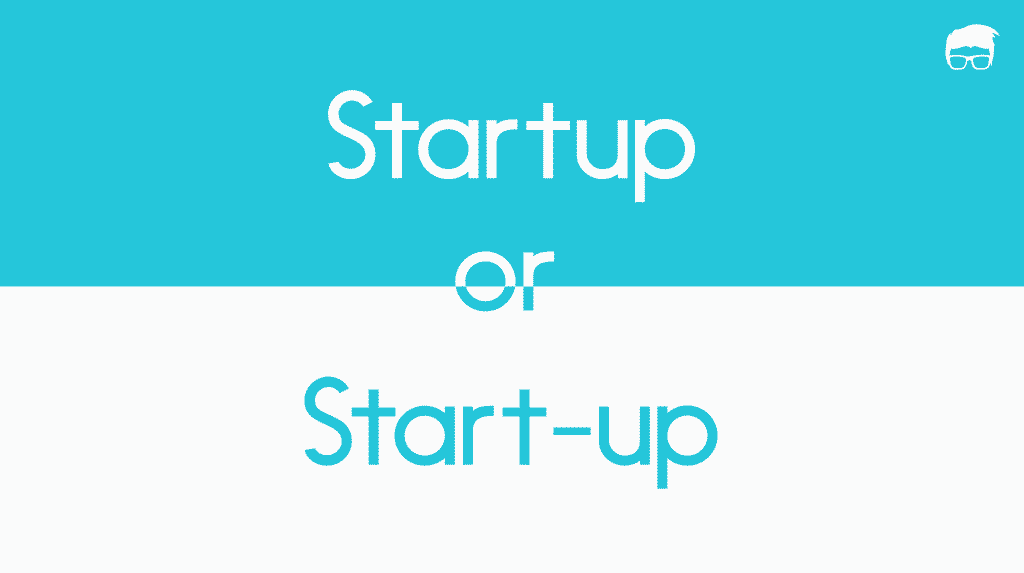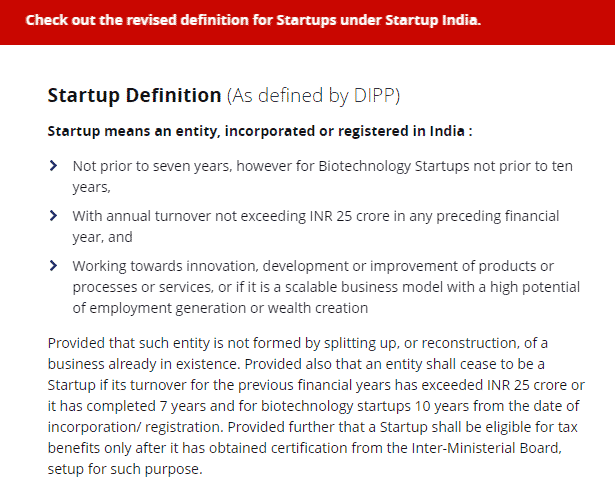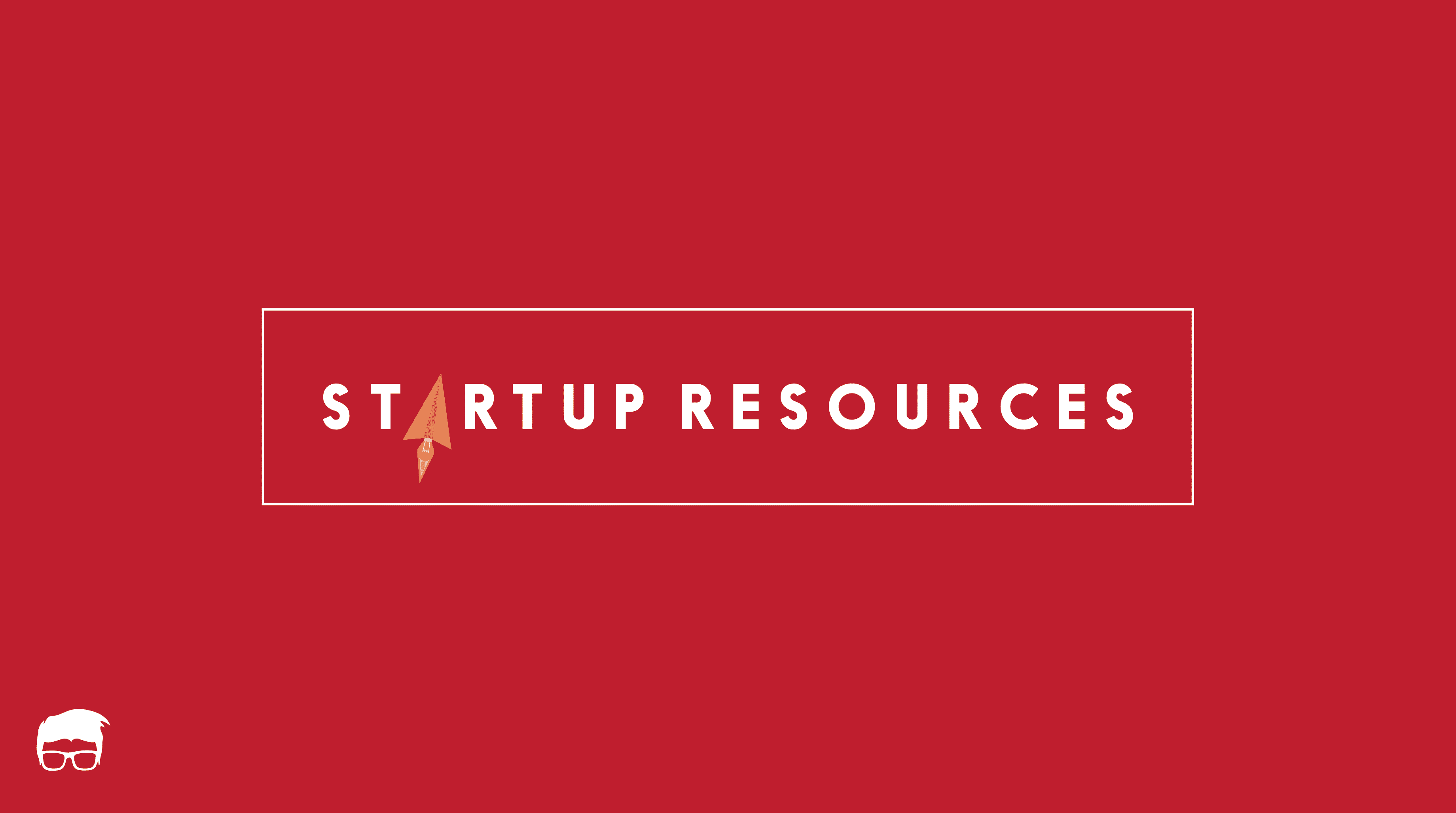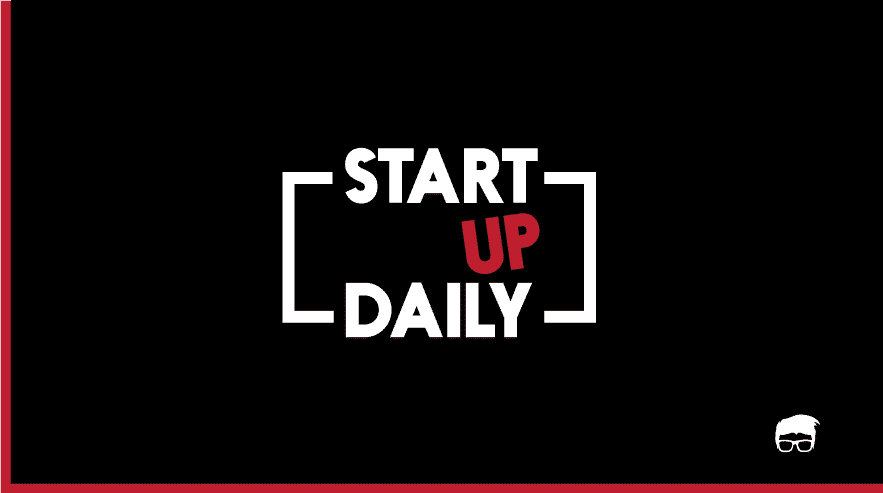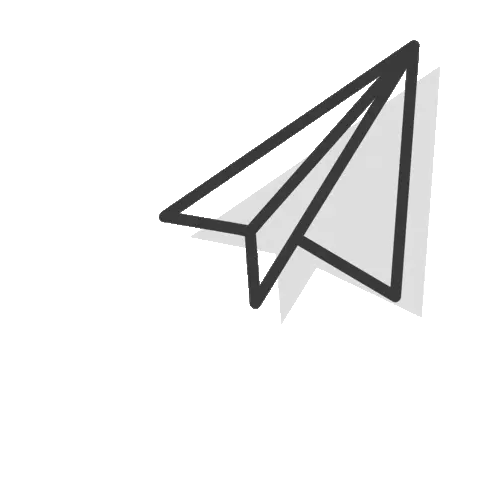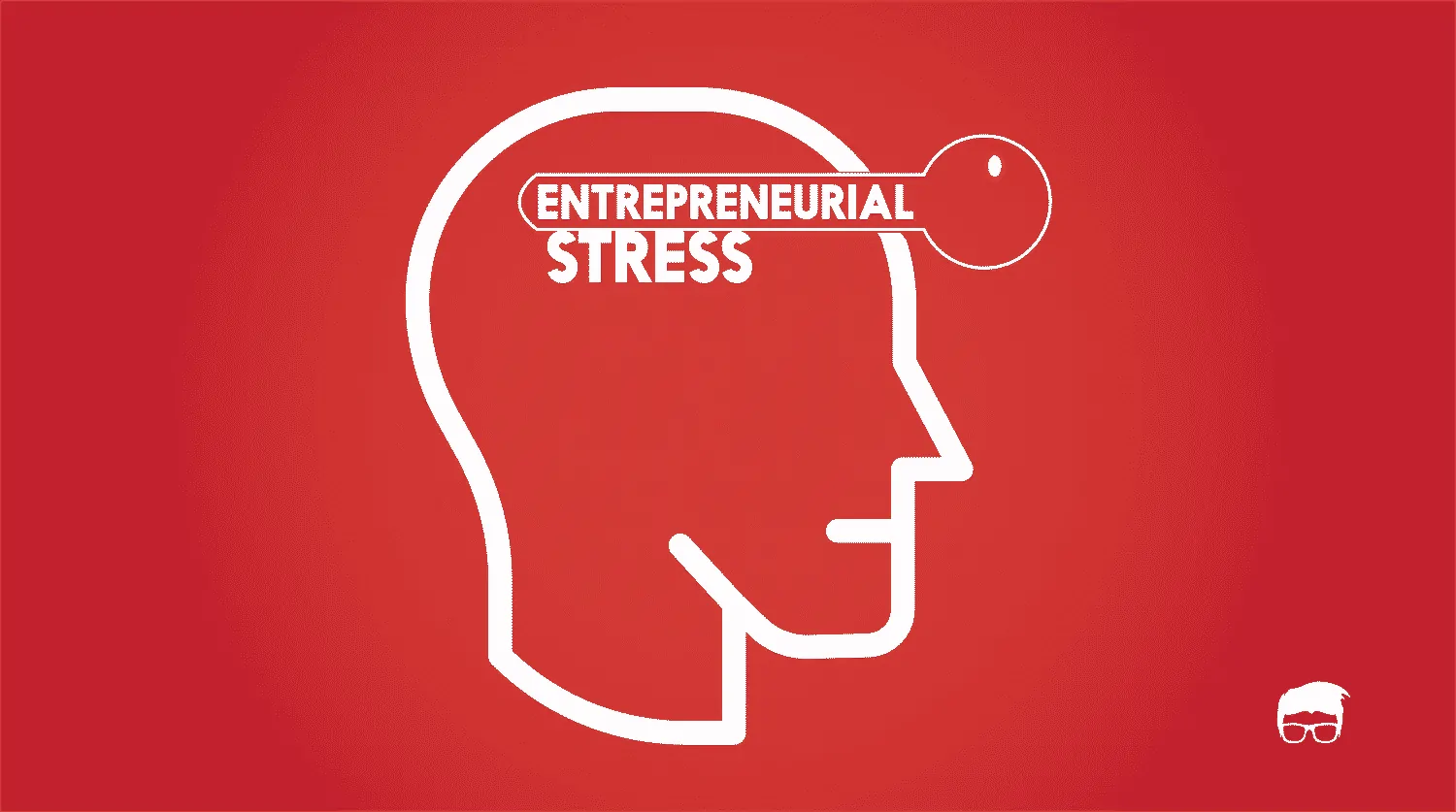Maybe you’re an entrepreneur drafting your groundbreaking business model. Maybe you’re a journalist searching for your next big story. A blogger, writing your next perfect article. Or a student, writing your next dissertation on the startup ecosystem. Whatever the case, you must have always felt the dilemma of whether to spell it as startup or start-up.
Startup or Start-up? The Struggle is Real
Much like the teenager vs teen-ager and the e-mail vs email debate, the startup vs start-up debate is also biased towards the current usage and trend of the words. While most of the dictionaries and your autocorrect refer to it as a start-up, a simple research into the matter proved that the first recorded usage of the word was in 1976 by Forbes magazine where they used the spelling startups.
A deeper research into the topic proved that startup is a lot more used term than the word start-up. Many governments and even Wikipedia prefer the spelling as startup and not start-up.
It’s Not Start-up Anymore
To start up a business is a lot different from starting up a startup. Even though the origin of the word start-up is the practice of starting up a new business, the meaning today has been drastically changed with more complexities added to it.
There was a time when the word start-up and a new business were used synonymously. The hyphen made it a compound noun which wasn’t wrong in the 90’s as in those days start-up referred to any newly started business.
But the trend has changed along with the spelling. Today, the word startup is no more a compound noun as the words start and up are no more relevant to the new definition of a startup. Startup today denotes a culture and a mentality of building a business upon an innovative idea to solve critical pain points.
Startup refers to a comparatively new business with a business model that is designed to grow fast under conditions of extreme uncertainty.
The new definition has a lot more elements than just referring to a new business. Things like fast growth model and extreme uncertainty plays an important role in defining startups as we know them
A startup is a company designed to grow fast. Being newly founded does not in itself make a company a startup. Nor is it necessary for a startup to work on technology, or take venture funding, or have some sort of “exit.” The only essential thing is growth. Everything else we associate with startups follows from growth. – Paul Graham
Governments of various countries have also acknowledged the spelling as startup instead of start-up. The Indian Government has even specified its definition on their website.
Even though the term is relatively new, its increased usage and acceptability has made it clear that Startup is the correct way to spell it.
Go On, Tell Us What You Think!
Did we miss something? Come on! Tell us what you think about our article on startup or start-up? in the comments section.
A startup consultant, digital marketer, traveller, and philomath. Aashish has worked with over 20 startups and successfully helped them ideate, raise money, and succeed. When not working, he can be found hiking, camping, and stargazing.
